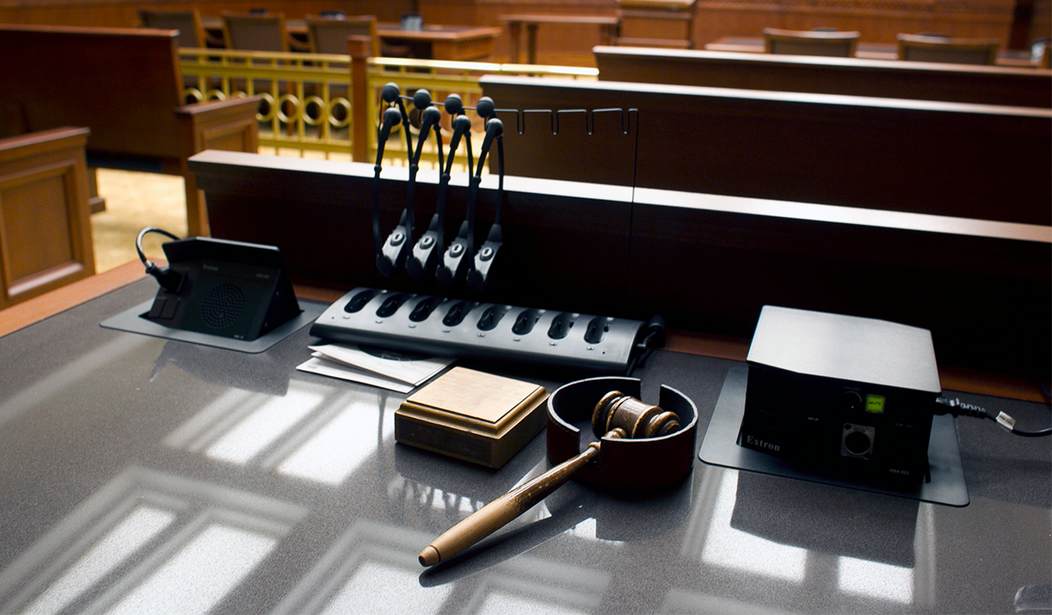Michigan’s State Supreme Court engaged in what NBC News described as “breaking new ground” this week in a case involving a lesbian couple and the son they raised together for a time beginning in 2008. And breaking new ground is putting it mildly because this ruling could open the door to turning much of the country’s child custody laws on their heads. The case involves Rachel Haas and her former partner Carrie Pueblo. In 2008 they were living together (prior to gay marriage being legalized) and Haas became impregnated via in vitro fertilization. She gave birth to a boy and the two raised him until they broke up a few years later, though Pueblo remained involved in the boy’s life, helping to care for him. That ended in 2017 when Haas requested that Pueblo no longer have contact with the boy. Pueblo went to court demanding the opportunity to seek custody and now the Supreme Court has apparently sided with her.
The Michigan Supreme Court broke new ground Monday in a dispute over parental rights, saying a woman can seek custody of her partner’s child who was born before their same-sex relationship ended.
Carrie Pueblo has no biological ties to a boy who was born to Rachel Haas in 2008 but had helped raise him. Pueblo insists they would have been married at that time if same-sex marriage had been legal in Michigan, a status that could have given her a formal role in the child’s life even if the marriage had ended.
Same-sex marriage was declared legal in the U.S. in 2015, after Pueblo and Haas had broken up.
Carrie Pueblo’s primary argument was that she and Haas would have been married if gay marriage had been legal at the time of the boy’s birth. But it was never legal for the entire time they were together. A majority of the court seemed to agree. One of the justices, writing for the majority, wrote, “Justice does not depend on family composition; all who petition for recognition of their parental rights are entitled to equal treatment under the law.”
I’m sure most of us can sympathize with these women. Matters of child custody can become messy and unpleasant when any relationship breaks up, be it gay or straight. But this court’s decision simply sounds wrong-headed and, frankly, dangerous. Arguing that ‘we would have been married if it was legal‘ may sound appealing, but the fact is that they were not married, and that matters under the law in most cases. The majority argued in defense of Pueblo’s “parental rights” but they failed to define how she came to have any such rights.
But even marriage shouldn’t be the central question here. Carrie Pueblo has no biological connection to this boy, nor did the couple ever move to have her legally adopt the child. She is not technically one of the boy’s “parents” under any convincing definition. From an emotional perspective, it’s easy to see how she might have a deep desire to remain involved, but those decisions are up to the child’s only recognized legal parent, Rachel Haas.
Allowing this case to proceed based on an argument about things that might have been in the past could create all sorts of trapdoors in family court cases. I tend to agree with the justice who delivered the dissenting opinion. He wrote, “I am uncomfortable with retroactively recognizing a marriage-equivalent relationship. … Courts will be required to dive into all public and private aspects of a now-defunct relationship to hypothesize whether the couple would have chosen to marry.”
This decision could open the doors to a reexamination of every divorce and breakup in the country going back for decades. This seems like a case that should be appealed further.








Join the conversation as a VIP Member